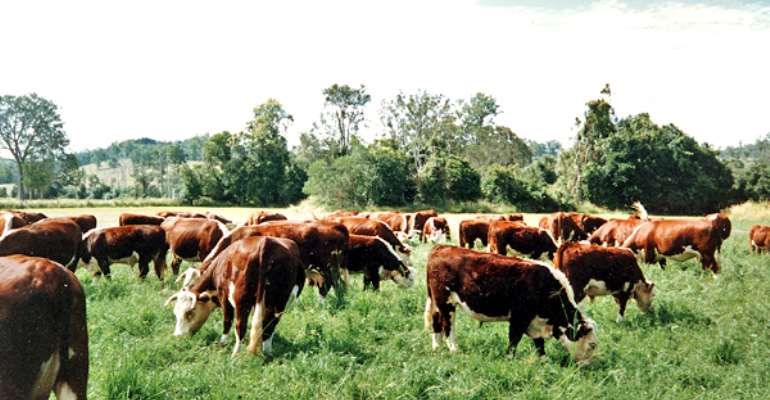Before We Legislate On Grazing Reserves

Amidst genuine fears about the undesirability of a Grazing Reserve Law as being proposed, the Senate has clarified that no such legislative process is ongoing before it. Reports had indicated the passage of a Bill for an Act to provide for the establishment of National Grazing Reserves, and Livestock Routes and the creation of National Grazing Reserve Commission for purposes connected therewith. In that clarification, the Senate pointed out that the life of the bill which was presented in the Seventh Senate by former Senator Zainab Kure ended with that legislative session. Curiously, in our opinion, the same bill has, in fact, passed second reading in the House of Representatives.
Those opposed to the bill premise their suspicions on some of its provisions. It seeks to establish grazing reserves across the country for Fulani herdsmen as a way of ending conflicts between them and farmers. The reserves are to be provided with facilities such as earth dams, water points, dairy processing centres, schools, functional barns and livestock service centres.
Also, by its provisions, the commission will acquire lands from any state of the federation. But an intriguing twist to it is that the fundamental and ancestral rights as well as rights to pursue a means of livelihood of farmers whose lands will be taken for the purpose of the grazing reserves, are not considered in the bill. The issue of compensation or resettlement of those whose lands will be taken over was also not mentioned.
In our view, grazing reserves, as part of efforts to find a permanent solution to herdsmen/farmers clashes, is not the way to go. For the victims of the herdsmen’s attacks, who are predominantly farmers, giving their land to herdsmen is a tacit proof that they have been conquered.
A grazing law as being proposed, will serve the interest of one ethnic group out of over 250 others, without recourse to the lifestyle, culture and businesses of people in other parts of the country. In the first republic, when grazing reserves were first created, they were restricted to the part of the country where the pastoralists naturally come from.
We are of the view that cattle rearing by private businessmen should not be turned into a public sector project whereby a government parastatal will acquire land and provide all amenities for the herdsmen. Owners of other tax paying businesses source their inputs including land through formal channels. This cannot be an exception. Land has become a scarce resource all over the country. Establishing grazing reserves at this point in the life of the nation, has the capacity to snowball into the kind of crisis that will cause unnecessary bloodshed.
We are persuaded by the wider implication of pursuing this legal framework any further to suggest that those in the business of cattle rearing should invest in the creation of ranches in the areas where they carry out their business rather than using the paraphernalia of state to engage in obscene land grab. Population growth, urban expansion and other dynamics of the present times can no longer support such a system. The cattle herders should be encouraged to adopt modern methods of farming such as ranching which benefits include healthier cattle, more nutritional meat, higher milk yield, better living for the herdsmen and their families, among others.
